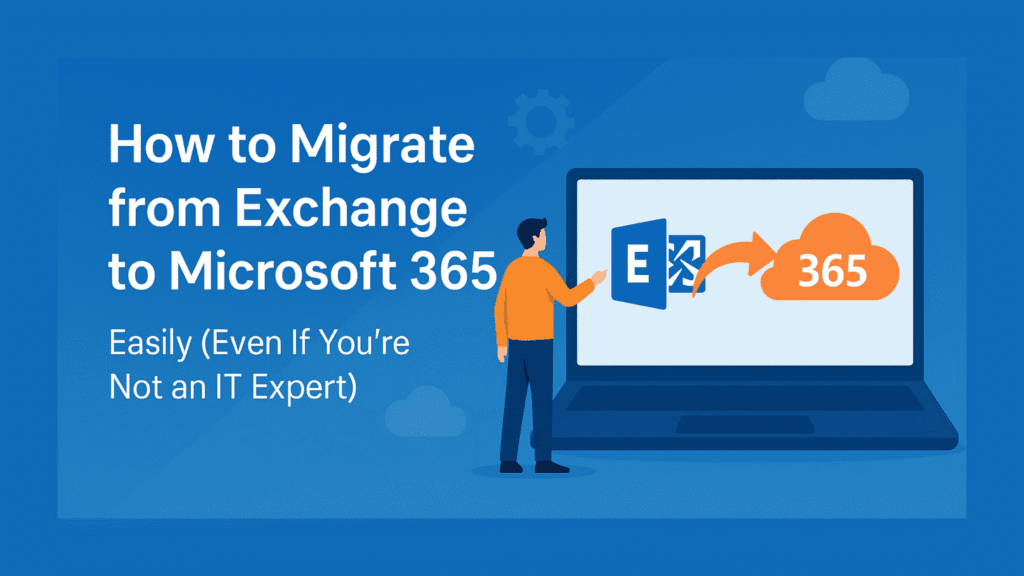Internet Censorship And ByPassing Geo-Restrictions
Internet censorship refers to the control or suppression of information, content, or access to websites and other online resources by governments, organizations, or individuals. This is often done to restrict freedom of speech, protect national security, or maintain social and cultural norms. Bypassing geo-restrictions, on the other hand, is the act of accessing online content that is when a complaint is sent, they take a very long time to respond. restricted to specific geographic locations. This can be done through the use of virtual private networks (VPNs), proxy servers, or other technologies that can mask a user’s location.
Forms Of Internet Censorship
There are some forms of internet censorship that I mentioned here below:
- Blocking access to specific websites or online resources
- Filtering or monitoring of internet content and communications
- Limiting access to certain types of information or media, such as political or controversial topics
- Requiring users to register their personal information before accessing the internet
- Removing or altering online content that is deemed inappropriate or harmful
- Implementing strict laws and regulations to control and limit online speech and expression.
The forms and severity of internet censorship vary widely depending on the country, government, or organization imposing it. Some countries have extensive censorship laws and practices, while others have relatively free and open internet access.
Make Your Website Geo-Restricted With OVHcloud
Making your website geo-restricted with OVHcloud offers several benefits and drawbacks. The pros include access to reliable and secure server infrastructure, as well as customizable options for website management and hosting. There are servals pros and cons of OVHcloud such as it is cost-effective as well When a complaint is sent, they take a very long time to respond. However, the cost of OVHcloud services can be higher compared to other providers, and there may be limitations on the types of geo-restrictions that can be implemented. Additionally, it is important to consider the ethical implications of using OVHcloud or other service providers to enforce geo-restrictions on your website.
The Impact Of Internet Censorship
The impact of internet censorship can be far-reaching and have a significant impact on individuals, society, and the economy. Some of the consequences of internet censorship include
- Restriction of freedom of speech and expression: When access to information and the ability to freely communicate online is limited, this can stifle creativity, critical thinking, and the exchange of ideas.
- Threat to privacy and security: Internet censorship can also lead to the monitoring of online activity, which can result in privacy violations and increased surveillance.
- Economic and technological disadvantages: Censorship can limit access to information and resources that are important for innovation, research, and economic growth.
- Dependence on VPNs and other circumvention tools: In countries with heavy censorship, individuals may resort to using virtual private networks (VPNs) and other tools to bypass restrictions and access information that is otherwise unavailable. However, these tools can also have negative consequences, such as decreased security and privacy, and the potential for increased surveillance.
Therefore, it is important to be aware of the impact of internet censorship and to advocate for a free and open internet where information is accessible and privacy is protected.
Introduction To Bypassing Geo-Restrictions
Bypassing geo-restrictions refers to accessing online content that is restricted to specific geographic locations. This can occur for a variety of reasons, such as licensing agreements, government censorship, or attempts to control access to certain types of information.
To bypass these restrictions, individuals may use virtual private networks (VPNs), proxy servers, or other technologies that can mask their location and make it appear as if they are accessing the internet from a different location. These tools can be useful for accessing online content that is otherwise unavailable, but it is important to be aware of the potential legal and ethical implications, as well as the possible impact on privacy and security.
VPNs, in particular, have become increasingly popular for bypassing geo-restrictions, as they offer a secure and private way to access the internet while bypassing censorship and other restrictions. However, it is important to carefully consider the features, security, and privacy policies of any VPN provider before using their services.
Methods For Bypassing Geo-Restrictions
There are several methods for bypassing geo-restrictions, including:
- Virtual Private Networks (VPNs): VPNs encrypt internet traffic and allow users to access the internet as if they were located in a different country. This enables them to bypass geographical restrictions and access content that is otherwise unavailable in their location.
- Proxy Servers: A proxy server acts as an intermediary between the user’s device and the internet, allowing the user to access content as if they were located in a different location.
- Smart DNS: Smart DNS is a technology that redirects a user’s DNS queries to a server located in a country where the desired content is available. This allows users to bypass geo-restrictions without the added security and privacy benefits of a VPN.
- Tor: The Tor network is a decentralized network of servers that allows users to access the internet anonymously. Although it is not specifically designed for bypassing geo-restrictions, it can be used for this purpose in some cases.
- Browser Extensions: Some browser extensions, such as Hola and ZenMate, can be used to bypass geo-restrictions by changing a user’s IP address and routing traffic through a proxy server.
Legal And Ethical Considerations For Bypassing Geo-Restrictions
Bypassing geo-restrictions using tools such as virtual private networks (VPNs) can raise legal and ethical questions.
Legally, the use of VPNs and other methods for bypassing geo-restrictions may be restricted or prohibited in some countries. In such cases, individuals who use VPNs or other circumvention tools may be subject to fines, legal penalties, or other consequences.
From an ethical perspective, bypassing geo-restrictions raises questions about intellectual property rights and the responsibilities of individuals to respect the laws and regulations of the countries they are accessing content from. Additionally, the use of VPNs and other circumvention tools can potentially interfere with the business models of content providers and negatively impact the economies of countries where content is restricted.
Therefore, it is important to be aware of the legal and ethical implications of bypassing geo-restrictions and to carefully consider the consequences of using VPNs and other circumvention tools before doing so.
Conclusion
Internet censorship and geo-restrictions can limit access to information and online content. Bypassing these restrictions through the use of VPNs, proxy servers, and other tools may offer a solution, but it is important to consider the legal and ethical implications of such actions.
Tech content on this site may include contributed articles and partnerships with industry voices. Learn more in our Editorial Policy.





